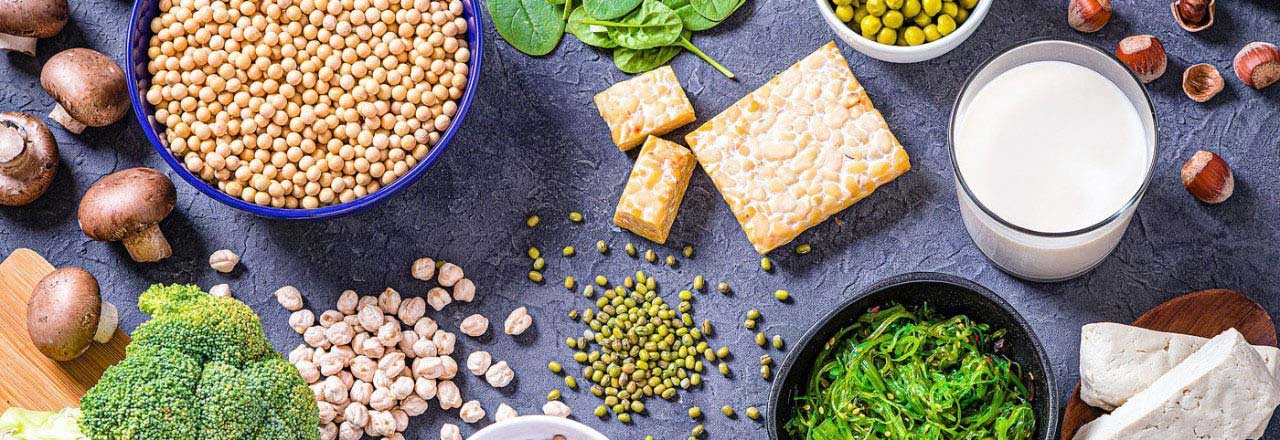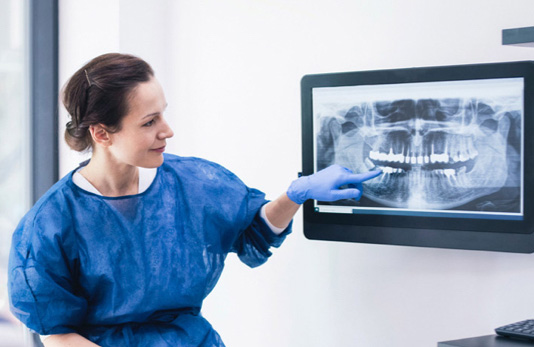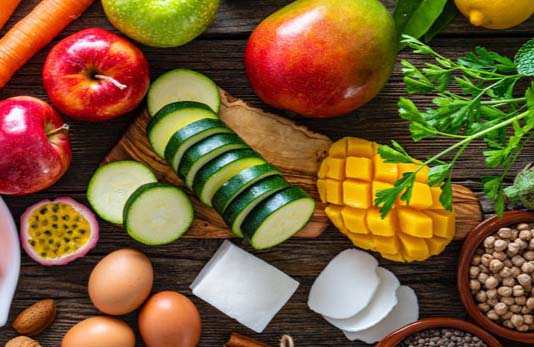Got calcium?

Calcium is an essential mineral for strong teeth and bones. For babies and children, it’s vital to help incoming teeth develop properly. And for teenagers and adults, it can help prevent cavities and osteoporosis.
Where to find calcium
Rich sources of calcium include milk and other dairy products, such as cheese, yogurt, sour cream, cottage cheese and buttermilk.
Looking for other ways to get calcium? If you’re lactose intolerant, vegan or allergic to milk, you may want to consider these calcium-rich alternatives:
- Beans (about 218 mg calcium per one cup serving)
- Broccoli (180 mg per cup)
- Spinach (250 mg per cup)
- Tofu (860 mg per cup)
- Calcium-fortified soy milk (300 mg per cup)
- Calcium-fortified orange juice (300 mg per cup)
- Calcium-fortified breads and cereals (200 mg per cup)
If you eat meat, you may also want to stock up on canned salmon or sardines, which contain high levels of calcium from the fishes’ bones.
Tips to boost your intake
Worried you or kids aren’t getting enough calcium? Try these strategies.
- Add dairy to other foods. Use milk or cheese to boost the calcium content of meals. Add milk or sour cream to mashed potatoes, make lasagna with cottage cheese or microwave some broccoli with melted cheese on top.
- Try smoothies. Blend some fruits or veggies with milk, plain yogurt or soy milk for a tasty beverage high in calcium.
- Go for greens. Add some calcium-rich veggies to main dishes. Consider kale, Chinese cabbage and spinach.
How much do you need?
| Recommended calcium intake varies by age and sex: | |
|---|---|
| Birth to 6 months | 200 mg |
| Infants 7–12 months | 260 mg |
| Children 1–3 years | 700 mg |
| Children 4–8 years | 1,000 mg |
| Children 9-13 years | 1,300 mg |
| Teens 14–18 years | 1,300 mg |
| Adults 19–50 years | 1,000 mg |
| Adult men 51–70 years | 1,000 mg |
| Adult women 51–70 years | 1,200 mg |
| Adults 71 years and older | 1,200 mg |
Increase absorption with vitamin D
But don’t forget: Consuming calcium isn’t enough. Your body needs to absorb the mineral properly to enjoy its bone-boosting benefits. To promote the absorption of calcium, make sure your body has enough vitamin D.
You can get vitamin D naturally by being outside in the sunshine or by seeking out nutritional sources. Just add egg yolks, liver, mushrooms, fatty fish or fortified milk and juices to your diet.
Last updated September 8, 2021
Related articles:
The oral health information on this website is intended for educational purposes only. Always consult a licensed dentist or other qualified health care professional for any questions concerning your oral health.


